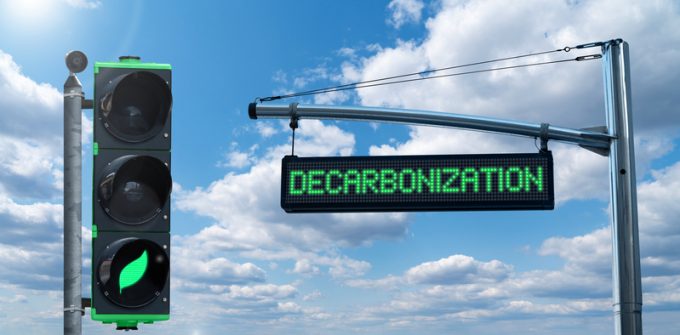NOCC adds third ‘ammonia-ready’ PCTC newbuild orderbook
Norwegian Car Carriers (NOCC) has added a third ‘ammonia-ready’ 7,000ceu LNG-powered ship to its two-vessel, ...
TFII: SOLID AS USUALMAERSK: WEAKENINGF: FALLING OFF A CLIFFAAPL: 'BOTTLENECK IN MAINLAND CHINA'AAPL: CHINA TRENDSDHL: GROWTH CAPEXR: ANOTHER SOLID DELIVERYMFT: HERE COMES THE FALLDSV: LOOK AT SCHENKER PERFORMANCEUPS: A WAVE OF DOWNGRADES DSV: BARGAIN BINKNX: EARNINGS OUTODFL: RISING AND FALLING AND THEN RISING
TFII: SOLID AS USUALMAERSK: WEAKENINGF: FALLING OFF A CLIFFAAPL: 'BOTTLENECK IN MAINLAND CHINA'AAPL: CHINA TRENDSDHL: GROWTH CAPEXR: ANOTHER SOLID DELIVERYMFT: HERE COMES THE FALLDSV: LOOK AT SCHENKER PERFORMANCEUPS: A WAVE OF DOWNGRADES DSV: BARGAIN BINKNX: EARNINGS OUTODFL: RISING AND FALLING AND THEN RISING

Customers and lenders alike are hoping to drive decarbonisation in the shipping industry via a two-pronged attack on the wallet.
At London International Shipping Week (LISW), it was announced that bank signatories to the Poseidon Principles will renegotiate their lending targets for shipping this month, ultimately with the aim of curtailing the available capital, in the hope of stimulating greater investment in emissions reduction devices and low-carbon fuels.
And this week, the Zero Emission Maritime Buyers’ Alliance (Zemba) issued a request for proposals to ship 600,000 teu over three years “using 90% lifecycle emission-reduction means”.
Its carefully chosen language gives a clue as to the challenge the transport sector faces, demanding transparent fuel lifecycle emissions to validate emission reduction claims.
This inclusion precludes the use of, for example, battery electricity derived from gas-fired power stations, or brown hydrogen generated by coal steam-reforming.
“Fuel choice will address safety and land use concerns, particularly those that relate to biogenic substances,” said Zemba, likewise precluding palm-oil biofuel.
Among Zemba’s members is e-commerce giant Amazon. Adam Baker, VP of global transportation, said: “We urgently need this sector to make clean fuel investments to reach our climate goals.
“We are proud to be a founding member of Zemba because we need to collaborate to solve this massive challenge, and by working together, Zemba members can offer committed demand to make significant reductions in ocean shipping emissions.”
Paolo Galli, VP group logistics at fellow member Electrolux Group, said Zemba “…allows us to come together to advance a transition we cannot facilitate on our own, and show the entire value chain that we must have a zero-emission shipping solution that is affordable, scalable, and long-lasting.”
Mid last year, a report by International Transport Forum of the OECD and Transport & Environment (T&E) suggested that, if absorbed into shippers’ bottom lines, the additional cost of decarbonised shipping would hardly be insurmountable; furthermore, if passed on to consumers, barely noticeable amid surging price inflation generally.
—————————————————–
The Loadstar explains: methanol-powered ships
—————————————————-
Zemba comprises some 20 other members, including Philips, Nike, Patagonia, Lululemon and Levi Strauss.
However, not everyone appears so enthused with the notion of private sector-led decarbonisation. This week, a UMAS report criticised the Poseidon Principles – as well as Cargo Owners for Zero Emission Vessels, another collective-bargaining initiative among transport buyers – as not being “aligned with the latest climate science”, but rather “based on the IMO minimum levels of ambition from 2018 IMO strategy”, as well as lacking interim targets.
Discussing the outcome of IMO MEPC80, UMAS director Tristan Smith declared that there was now “a clear onus for national, regional and corporate actors to step up ambition and action in order to be of assistance in ensuring a smooth transition”.
Listen to this clip of DP World explaining how it plans to hit net zero targets
Comment on this article